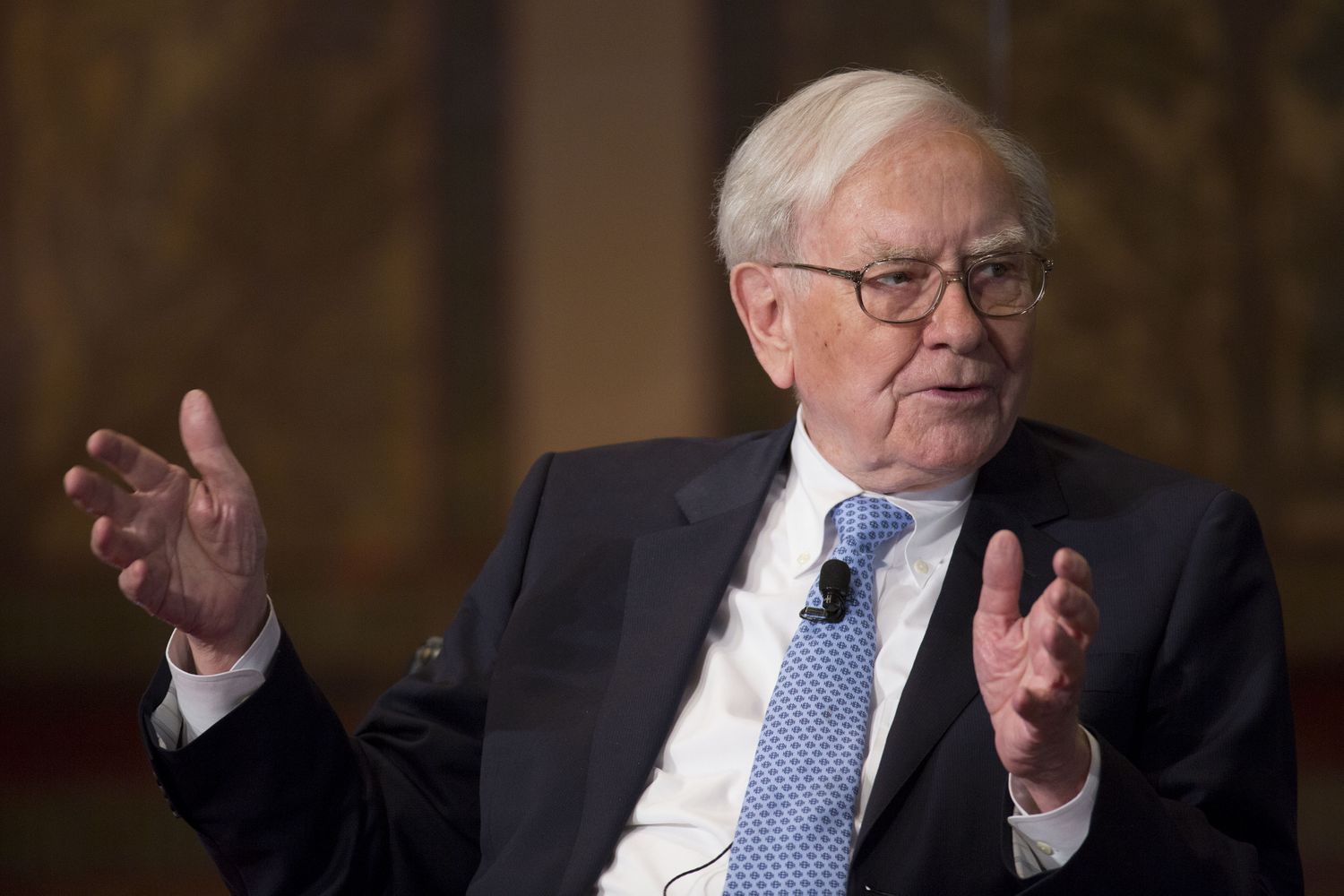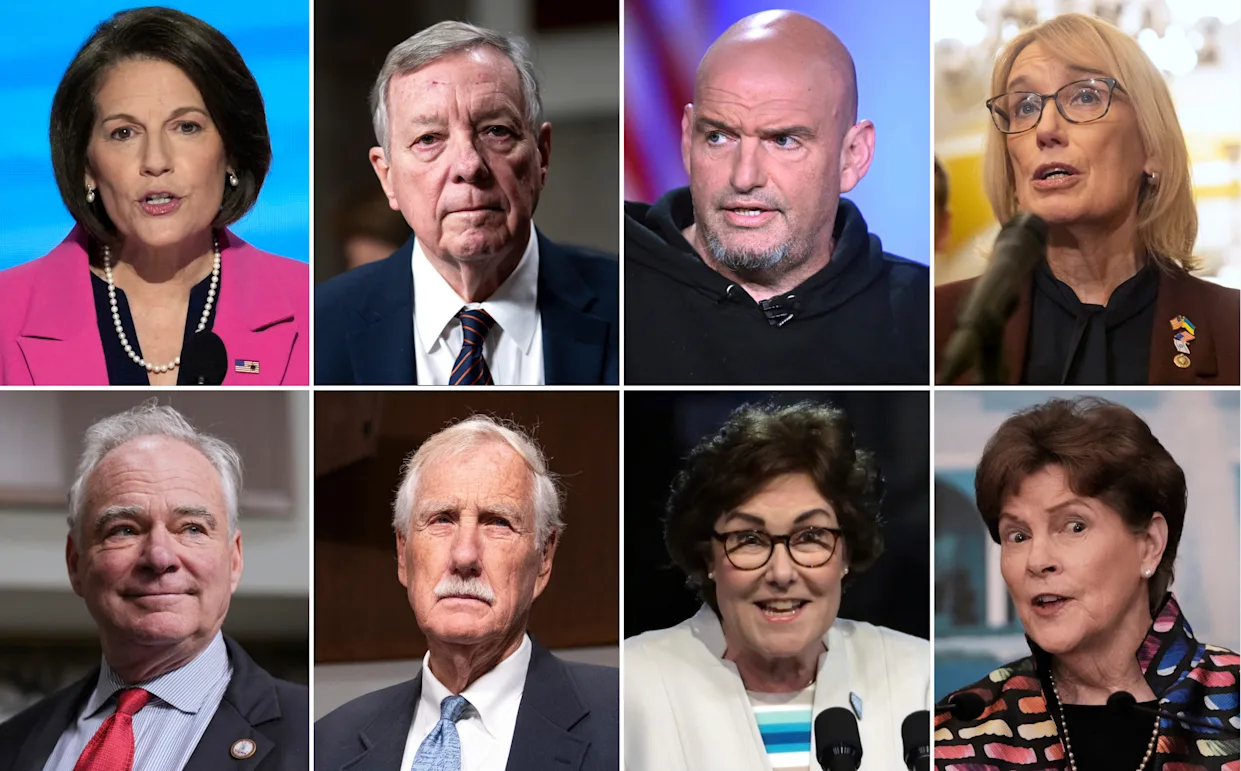Warren Buffett Confirms His Transition: Berkshire Hathaway Enters a New Chapter
Warren Buffett, the 95-year-old titan of global investing and long-standing CEO of Berkshire Hathaway, has confirmed that he will “go quiet” after stepping down at the end of the year, leading to increased focus on the Warren Buffett Berkshire Hathaway succession. Known as “The Oracle of Omaha,” Buffett has shaped American capitalism through his disciplined investment philosophy, measured patience, and enduring optimism about the U.S. economy. His final letter to shareholders marks the close of a remarkable era that began in 1965.
Though Buffett is stepping away from his formal role as chief executive, he emphasized that he’s not leaving the stage entirely. He plans to continue his annual Thanksgiving message and intensify his philanthropic giving, including the distribution of his $149 billion fortune in Berkshire Hathaway stock to charitable foundations. The move follows a conversion of 1,800 shares—worth approximately $1.35 billion—into “B shares,” donated to the four Buffett family foundations earlier this week.
Buffett has built Berkshire Hathaway into a corporate giant with a market capitalization exceeding $1 trillion, making it one of the most valuable companies in the world. For more on Berkshire’s structure and subsidiaries, readers can explore the official Berkshire Hathaway portfolio overview, which includes holdings in companies like Apple, Coca-Colay American Express. Despite his impending departure, Buffett reassured investors that his successor, Greg Abel, has already “more than met” expectations and will carry forward the legacy of disciplined management and long-term value creation.
The Oracle’s Legacy and the Future of Value Investing
Buffett’s career has been defined by his unique approach to value investing, a philosophy rooted in buying strong companies at fair prices and holding them indefinitely. His disciplined strategies have often diverged from Wall Street’s obsession with short-term profits, focusing instead on intrinsic value and resilience. As outlined by financial education platforms such as Investopedia, Buffett’s principles continue to guide generations of investors toward sustainable wealth creation.
Beyond numbers, Buffett’s charisma and humility have made him a symbol of ethical capitalism. His leadership has turned Berkshire’s annual shareholder meeting—nicknamed “Woodstock for Capitalists”—into a global event drawing thousands to Omaha each year. There, shareholders mingle among exhibits of Berkshire-owned brands, enjoy Dairy Queen ice cream, and purchase limited-edition memorabilia featuring Buffett’s image. His presence on the exhibition floor became as iconic as his investment letters, making Berkshire Hathaway a rare blend of business empire and cultural phenomenon.
Buffett’s decision to step back comes amid a generational shift in corporate leadership across major U.S. firms. The choice of Greg Abel, Berkshire’s vice chairman of non-insurance operations, ensures stability for the $1 trillion conglomerate. Abel’s track record managing the company’s energy and manufacturing sectors demonstrates his capacity for strategic, measured growth. While Buffett’s personality may have defined the company for six decades, its institutional structure—rooted in decentralized management and trust—positions Berkshire to thrive beyond its founder.
Buffett’s Philanthropic Vision and the Meaning of Legacy
As Buffett prepares for his transition, his focus on philanthropy has accelerated. Having pledged in 2006 to donate over 99% of his wealth, he has already contributed more than $50 billion to charitable causes. His continued commitment places him among the world’s most generous donors, alongside figures like Bill Gates y MacKenzie Scott, who have redefined modern philanthropy. The Gates Foundation, one of Buffett’s primary beneficiaries, continues to channel his donations into global health and education initiatives. More information on their ongoing impact can be found on the Bill & Melinda Gates Foundation website.
In his latest remarks, Buffett acknowledged his physical limitations but affirmed his mental vitality: “I generally feel good,” he said. “I move slowly and read with increasing difficulty, but I am at the office five days a week working with wonderful people.” His understated reflection captures the humility that has marked his public life, reminding followers that leadership is measured not by status but by enduring contribution.
Buffett’s legacy is woven deeply into the fabric of American business history. He has not only built one of the world’s most successful conglomerates but also embodied a moral compass for capitalism—one that balances profit with principle. As he hands the reins to Greg Abel, Berkshire Hathaway’s next chapter will be shaped by the foundation Buffett built: patience, transparency, and an unwavering belief in long-term growth.
For investors and admirers alike, Warren Buffett’s gradual farewell signals more than a leadership change—it represents the evolution of an entire philosophy. The world watches as Berkshire enters its next era, guided by the same steady hand that turned a struggling textile firm into a trillion-dollar empire grounded in trust, discipline, and integrity.




